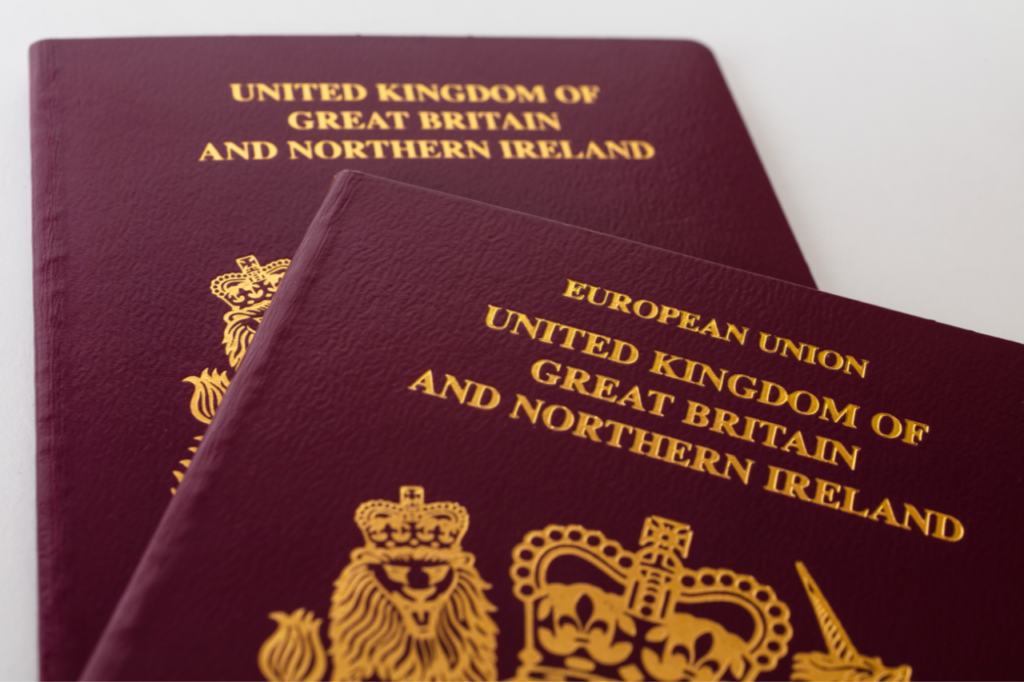Seeking refuge is a fundamental human right and for those who have fled their home countries because of fear and persecution, the United States gives two forms of protection which are asylum and refugee status. This guide explains the differences between both of them, who qualifies, and how to apply.
What does it mean?
They are legal protections for individuals who cannot return to their countries because of fear and they are based on U.S. law, specifically Section 8 U.S.C. § 1158, which underscores the nation’s commitment to offering refuge to those in need.
Key Difference: Location and Application
The main difference is where the person is when they apply for protection.
Refugee Status
If you are outside America, you must apply for refugee status, usually through the United Nations High Commissioner for Refugees (UNHCR) but you cannot choose your destination country; the U.S. President sets the annual quota for refugee admissions. Under the Biden Administration, this quota increased to 125,000 for fiscal years 2022 and 2023, providing hope for many seeking refuge.
Asylum Status
If you are already in the United States or at its border, you can apply for asylum but this became more challenging under the Trump Administration due to policies like “Remain in Mexico” and CDC orders that allowed border agents to expel individuals without interviewing them. While the Biden Administration has lifted some of these restrictions some challenges remain.
Rights and Opportunities
- Work Authorization: They can work in the United States.
- Path to Permanent Residence: They can apply for a green card (lawful permanent residence) within one year of entering the U.S. as a refugee or being granted asylum but asylee status can be revoked if conditions in the home country improve enough to allow safe return.
Eligibility
To qualify for asylum or refugee status, you must meet strict requirements:
1. Well-Founded Fear of Persecution
You must show a well-founded fear of persecution in your home country based on one of five protected grounds:
- Race: Persecution due to your race or ethnicity.
- Religion: Persecution based on your religious beliefs.
- Nationality: Persecution because of your nationality.
- Membership in a Particular Social Group: Persecution due to your membership in a specific social group.
- Political Opinion: Persecution based on your political opinions or activities.
2. Definition of Persecution
It can include threats, violence, torture, imprisonment, and denial of basic rights. It also covers situations where the government fails to protect individuals from harm by others.
Applying for Asylum in the U.S.
If you believe you qualify for asylum, you must apply within one year of arriving in the country with some exceptions and your application should include:
- Personal Testimony: Your own story of persecution.
- Witness Statements: Testimonies from people who can support your claim.
- Documentation: Reports and articles about human rights conditions in your home country.
- Expert Witness Statements: Opinions from experts on conditions in your home country.
What are the main reasons Nigerians seek asylum in the U.S
Nigerians seek asylum in the United States for various reasons, primarily driven by persecution, violence, and human rights violations. The main factors include:
1. Political Persecution
Many Nigerians face threats due to their political beliefs or activism. This includes individuals who oppose the government or advocate for human rights. Political dissent can lead to harassment, imprisonment, or even violence from state authorities or militant groups.
2. Ethnic and Religious Violence
Nigeria is home to significant ethnic and religious diversity, which sometimes results in violent conflicts. Groups such as Boko Haram target individuals based on their ethnicity or religion, particularly against Christians in the northern regions and Muslims in the middle belt. This violence often forces individuals to flee for their safety.
3. LGBTQ+ Persecution
Nigeria has stringent laws against homosexuality, with proposed legislation that could impose severe penalties on LGBTQ+ individuals. Many Nigerians who identify as LGBTQ+ face violence, discrimination, and societal rejection. Asylum seekers like Oliver, who have been vocal advocates for LGBTQ+ rights, often escape life-threatening situations due to their sexual orientation or gender identity.
4. Gender-Based Violence
Women and girls are particularly vulnerable to gender-based violence in Nigeria, including domestic abuse, sexual assault, and harmful traditional practices such as female genital mutilation (FGM). Those who resist societal norms or seek to escape abusive relationships may seek asylum to find safety
5. Humanitarian Crises
Nigeria faces ongoing humanitarian challenges due to armed conflict, economic instability, and environmental issues like climate change. These crises can lead to widespread displacement and a lack of basic necessities, prompting individuals to seek refuge elsewhere.
6. Economic Hardship
While not always a direct cause for asylum, severe economic conditions can exacerbate the urgency for individuals to leave Nigeria in search of better opportunities. Many asylum seekers hope for a stable environment where they can rebuild their lives .These factors collectively contribute to the growing number of Nigerians seeking asylum in the U.S., as they look for safety and the chance to live without fear of persecution or violence.
Asylum and refugee status are vital protections for those fleeing persecution. Understanding these legal avenues is crucial for anyone seeking refuge in the United States. These protections represent the nation’s commitment to providing sanctuary and reflect the values of liberty and justice for all. In a world of adversity, the U.S. stands as a beacon of hope, offering a chance to rebuild lives and contribute to the fabric of American society.
How Law and Visas Can Help?
At Law and Visas, our team of expert immigration consultants is here to make your travel to the United States straightforward and successful. Whether you’re applying for a U Visa or an Humanitarian Parole, we handle every step—from preparing your application to gathering the required documents.
Our Immigration Consultants and Lawyers ensure that your application meets the highest standards, with no details missed. We’ll also keep you informed throughout the process and coordinate with the immigration office or embassy on your behalf.
Law and Visas has a strong record of helping clients secure the visas/permits they need to visit the United States. Call us today at +234 812 5505 986 to learn how we can assist you.




